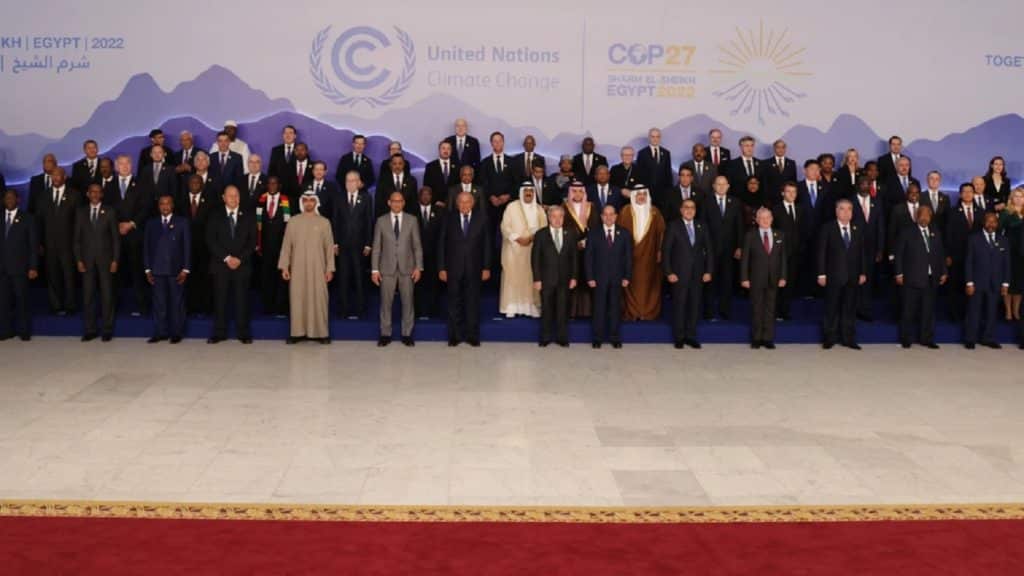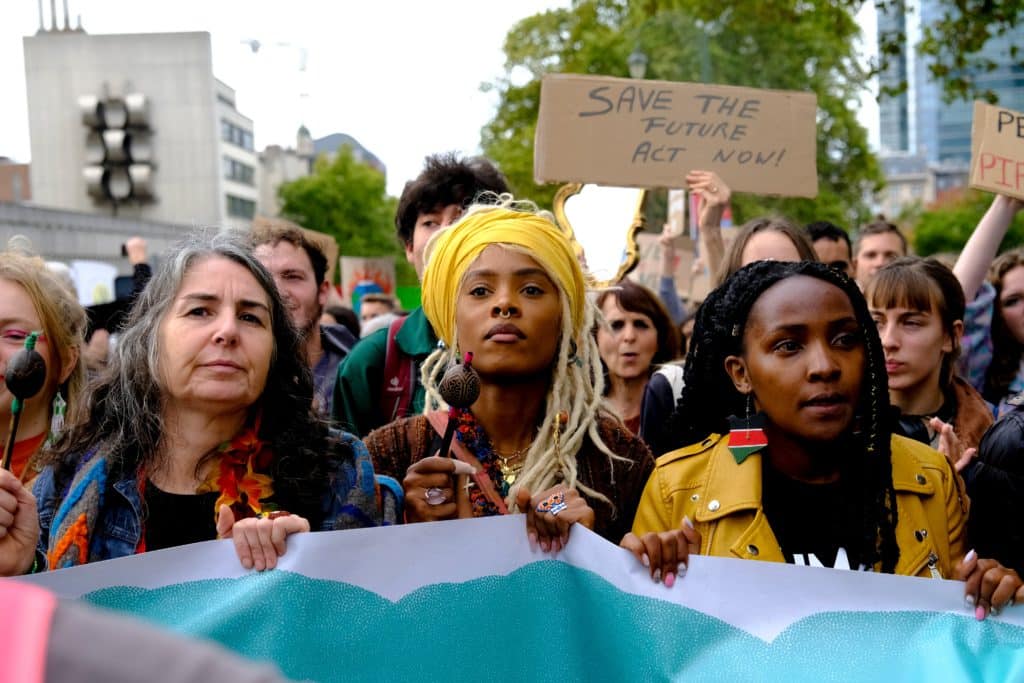Monday November the 14th marked “Gender Day” at COP27 in Egypt, where global leaders are meeting to nut out a deal on how countries can work together to tackle climate change.
So what does Gender Day actually mean? Especially given COP27 has been a bit of a male-dominated affair, once again — with just seven of the first 111 key speeches given being given by women.
While every day should be gender day at COP27, November 14 did offer a chance to specifically note how women and girls and the world’s most vulnerable are disproportionately impacted by climate change.

ActionAid leveraged the day to release a report highlighting the consequences for women and girls of the losses and damages that come as a result of climate change, especially in increasing the risk of domestic and sexual violence.
As ActionAid’s Kenyan climate and gender expert Lucy Ntongal told journalists, women and girls are already having to travel further to find water in her home country, putting them at greater risk of violence. She said that families are taking their daughters out of school early so the girls can help support their families in walking miles to get water. And when families can no longer sustain themselves and feed all their children, daughters are undergoing female genital mutilation and being married off.
“It is a forgotten crisis. But if we choose to ignore it, we are telling girls that world leaders do not care about their future anymore. Leaders need to keep the voices of girls and women from the Global South, living through the realities of climate crisis, at the heart of COP27 negotiations, as they are the best people to provide the solutions,”
UN Women’s Executive Director Sima Bahous took the opportunity to outline three key asks on gender equality to COP27. The first such ask is to issue “special measures”, including quotes, to promote women and girls’ equal and meaningful participation at all levels of leadership.
The second ask is to support a just transition for women through an alternative development model that expands gender-responsible public services, universal social protection, and health and care systems. Such a transition would support the care economy and work towards eliminating gender-based violence by integrating a gender perspective into the design, funding and implementation of all national climate plans, policies and actions.
Her third ask is for decisions on global investments to intentionally and directly amplify and foster women’s skills, resilience and knowledge. She declared such investments should ensure women’s organisations are supported and protected.
“Without gender equality, there is no climate justice,” she wrote. “Our opportunity at COP27 is to recognise and augment how women and girls are bringing innovative climate actions and other solutions, to understand how our current structures are preventing women’s engagements, and to respond with credible policy and investment measures that take account of the immediate and longer-term impacts of disaster.”
Meanwhile, the United States took Gender Day as an opportunity to release its “Climate Future is Female Report” highlighting US efforts on advancing women and girls’ climate action. It declared it is releasing a “strategy to prevent and respond to gender-based violence globally” later this year, and noted a number of small buckets of funding that are going to gender-responsive climate-related initiatives, including $21 million that will see it scaling women’s access to green jobs and promoting women’s land rights. It’s also released a “Women in Energy Strategy”, engaging with local energy officials, utilities, private companies, and education and research bodies to increase access to energy sector opportunities for women.
What matters from COP27, more than anything, is whether those leaders who do have the power to influence the outcomes of the global talks listen to and respond to the request and pleas of groups like ActionAid and UN Women.
Pictured above: Women protesting as part of the Walk for Your Future climate march, which was held ahead of COP27 in Brussels, Belgium on October 23, 2022.

